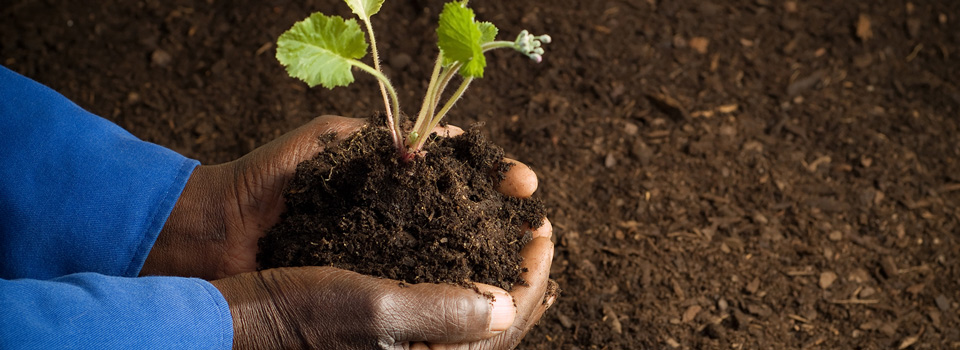Broad potential exists for Africa’s own native biodiversity to reduce the vulnerability of seriously at-risk people to food shortages. A report published by the Board on Science and Technology for International Development, Office of International Affairs, and National Research Council finds that the “Lost Crops of Africa” found in each African country surveyed can help provide food security in their native areas. At the same time, however, maintaining the diversity of these ancient crops will protect options for the rest of the world to use.
 The Lost Crops of Africa report identified more than 2,000 native grains, roots, fruits, and other food plants. These have been feeding people for thousands of years but knowledge on how to cultivate these crops, and access to their seeds, is diminishing as global monoculture crops have achieved wider introduction. The aim of the Lost Crops of Africa project is to help restore the fading knowledge by establishing a research center that preserves, multiplies and distributes these seeds to local people. Adjoining the research center will be a working farm to establish pilot plots for teaching and for seed propagation.
The Lost Crops of Africa report identified more than 2,000 native grains, roots, fruits, and other food plants. These have been feeding people for thousands of years but knowledge on how to cultivate these crops, and access to their seeds, is diminishing as global monoculture crops have achieved wider introduction. The aim of the Lost Crops of Africa project is to help restore the fading knowledge by establishing a research center that preserves, multiplies and distributes these seeds to local people. Adjoining the research center will be a working farm to establish pilot plots for teaching and for seed propagation.

